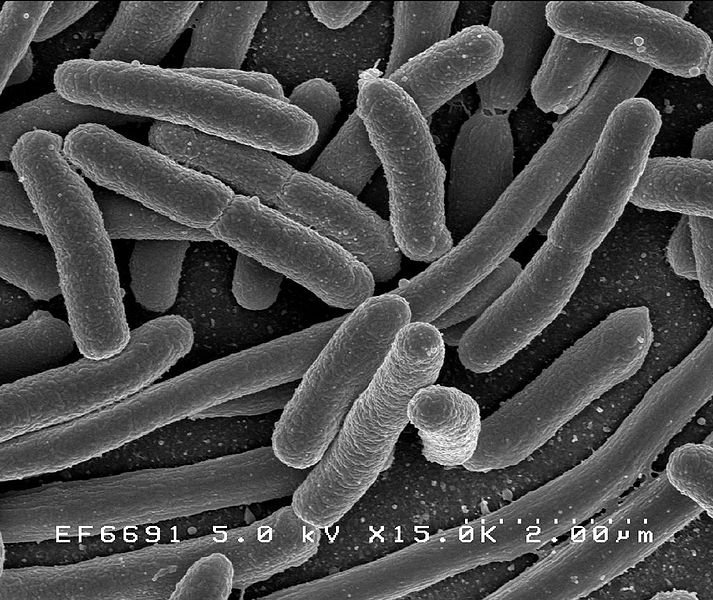 Microorganisms in the gut adapt to changing diet within 24 hours, researchers have found. Furthermore, high fat diets encourage the growth of specific species of bacteria, including those that cause inflammatory bowel disease (IBD). Controlling diet might therefore be an effective way to minimize illness risk.
Microorganisms in the gut adapt to changing diet within 24 hours, researchers have found. Furthermore, high fat diets encourage the growth of specific species of bacteria, including those that cause inflammatory bowel disease (IBD). Controlling diet might therefore be an effective way to minimize illness risk.
One prevailing theory states that changing diets in the Western world, including more fat and sugar, affect the gut microbial community, contributing to epidemics of chronic illness, such as obesity and IBD. However, it was unknown how sensitive the microbial community, called the microbiome, is to diet-induced changes.
Harvard researcher Lawrence David and colleagues tested the effect of a sudden change of diet -- to an exclusively plant or animal product regime -- on volunteers, including a lifelong vegetarian. Samples from each individual were screened by sequencing bacterial RNA, allowing the species that thrived under each diet to be detected.
Animal product-based diets, which are high in fats and protein but low in carbohydrates and fibre, considerably changed the microbiome in each volunteer compared with pre-diet conditions. Effects were observed after just 24 hours.
The most abundant bacteria to thrive on a high-fat diet were specialist species that tolerate high levels of acidic bile, which is released from the gall bladder in response to the extra fat intake. Of these bacteria, Bilophila wadsworthia had previously been linked to IBD.
After the five-day trials, it took only two days for the microbiome to return to normal, suggesting that it might be possible to control B. wadsworthia populations in the gut by diet.
The study, published in the journal Nature, also observed that bacteria and fungi from cured meats and cheeses are introduced into the gut microbiome. Furthermore, genes used by the microbiome also changed: increased copies of RNA sequences, which represent activated genes, were found for genes involved in vitamin synthesis and the breakdown of cancer-causing compounds.
The work emphasizes the links between diet, the gut microbiome and the body's response to increased fat intake.
References
- Previous Optimal crop irrigation
- Next How pandemics spread









Comments
Add a comment